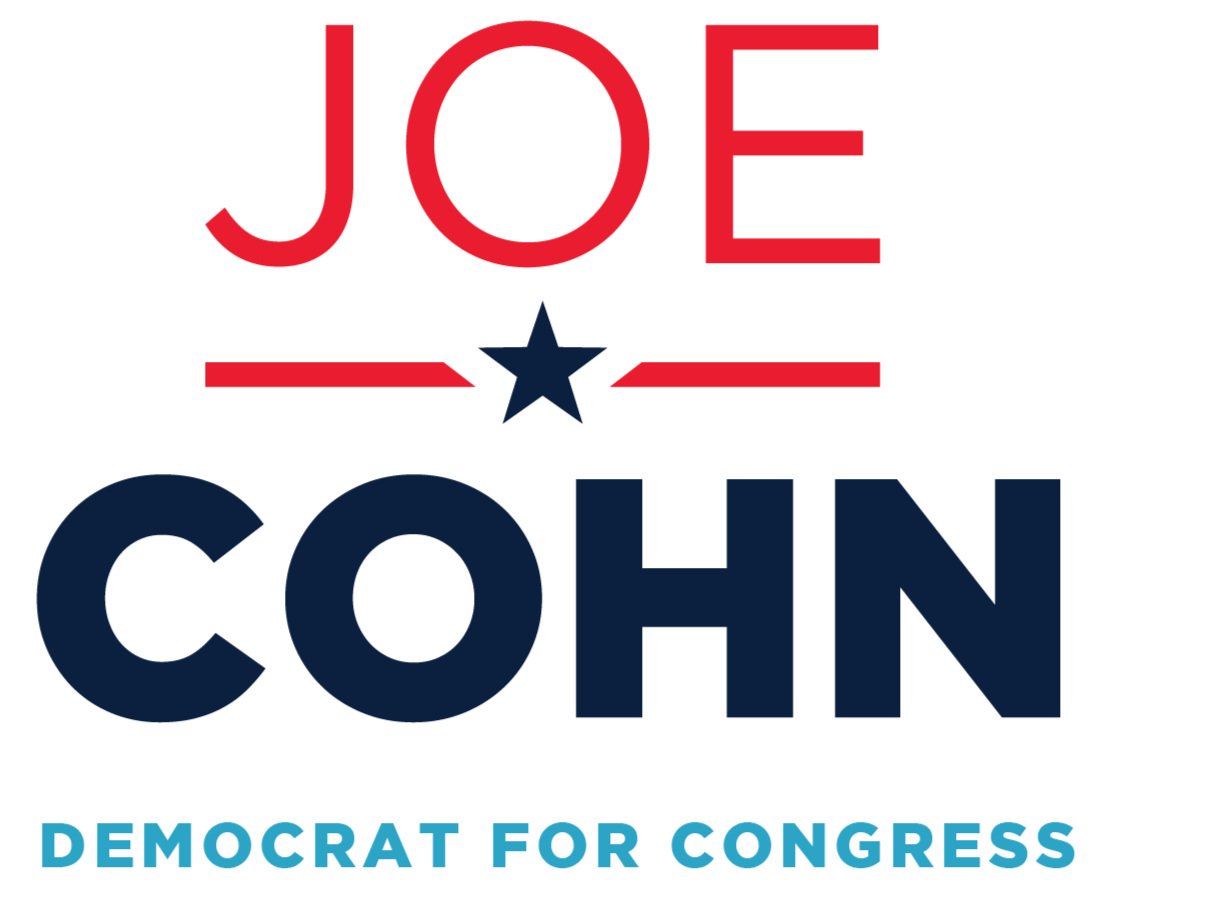Joe Cohn Statement on Campus Unrest
I’ve dedicated a majority of my career to defending free expression and academic freedom as the former head of the Foundation for Individual Rights and Expression’s government relations department. I am the principal author behind a majority of the 23 state laws protecting free speech on college campuses.
Current conflict over student and faculty expression is currently centered around the war in Gaza. As a Jew, I am a strong supporter of Israel’s right to defend itself and want as little suffering amongst Palestinian civilians as possible in pursuit of that goal. At the same time, I’m also a fierce defender of everyone’s right to engage in free expression, regardless of whether the views expressed are counter to my own.
Students and faculty enjoy robust free speech rights under the First Amendment at public colleges and universities. And private colleges that promise free speech and academic freedom must honor those commitments or they may be liable for breach of contract.
That means that universities must allow peaceful protests on their campuses and must be consistent when regulating speech and must not discriminate against certain viewpoints. It’s important to keep in mind that there is no hate speech exception to the First Amendment, because what is deemed hateful is so subjective. If you—like me— support Israel, would you trust the organizers of the anti-Israel protests, or the politicians who support them, to define what speech is sufficiently hateful to justify banning it? Free speech either works for everyone or it works for no one.
This all means that when a protest is peaceful and lawful, educational institutions have both a legal and moral obligation to allow them.
That said, the First Amendment is not absolute. There is no right to incite imminent acts of lawlessness, to engage in true threats, or to harass others. Institutions can maintain and enforce reasonable rules applied evenly to everyone (assuming the rule matches the school’s expressed goal behind it), such as punishing those who prevent others from moving freely through public spaces, making human chains and declaring that dissenters are not welcome in their encampments, or denying others from accessing education resources or opportunities, including school facilities. Finally, violence is never protected. Campus administrators must provide sufficient security and take quick action when acts of violence are committed on their campuses.
Applying these standards, students who argue that Israel is committing acts of genocide are typically engaged in protected speech. Political speech—even political allegations many, like myself, find deeply offensive—constitute protected speech. But students hounding Jewish classmates for alleged complicity in Israel’s actions would likely cross into unprotected territory. Urging a worked up crowd to physically assault counterprotesters or threatening others with violence (when the threats are not hyperbolic) are not protected. Preventing others from using campus facilities or going to class is not protected conduct.
Bottom line: lawful protests must be protected, even if the message makes many in the community uncomfortable. Whether a protest is lawful must be determined on a case-by-case basis.
There is a fruitful path forward to the current unrest. Campuses should ensure their policies and enforcement are consistent with their free expression obligations and that students are proactively educated about the bounds of their free speech rights on campus. Administrators should protect protesters who protest lawfully, use proportional academic sanctions when individuals engage in unprotected conduct, and use law enforcement to enforce only when strictly necessary. Administrators must take a firm stance against any violence. Colleges and universities should also require students to attend classes in person while providing opportunities for students and faculty to engage each other thoughtfully on the difficult issues that divide us.
And Congress has a productive role to play too. It must avoid enacting unconstitutional solutions that rely on censorship, but should finally make a religion a protected class for anti-harassment purposes. And Congress should supply funding to create programs teaching better conflict resolution skills, and about the horrors of the Holocaust, as well as the world’s history of religious persecution against people of all faiths. I’ll offer such a bill if I’m elected.
On a personal note, as someone who cares about the rights of Israelis and the Palestinian people alike, I’m saddened to see some boil the conflict down to “oppressor vs. oppressed,” rather than grapple with the difficult task of securing the return of hostages, delivering true peace and security to Israelis, and meaningful civil liberties and economic opportunities to the Palestinian people. I cannot emphasize enough how important it is for student leaders who feel passionately about the issue to engage in productive dialogue. The “us vs. them” dynamic that refuses to see the humanity in one’s adversaries tears us apart and drives us further from solutions.
Censorship has never been an ineffective tool against prejudice. If we are to effectively combat the growing tide of anti-Semitism in America, we must engage protesters—many of whom are not motivated by anti-Semitism—in a manner that brings them to the table.
We have an opportunity to take this moment of division and channel its passions and energies into something productive by offering forums for protesters to make their best cases. We should engage protesters’ ideas—as we should engage all ideas with an open mind and critical eye. Campus presidents should be clear in voice and deed that they welcome all points of view but that they will not allow their campuses to continue to devolve into environments where protesters deny access to an education to their adversaries.
We can make America—and the world—a better place if we are willing to work together. The first step is committing to a willingness to listen to each other.
-Joe
You can read a deeper dive I wrote on The Times of Israel here.
